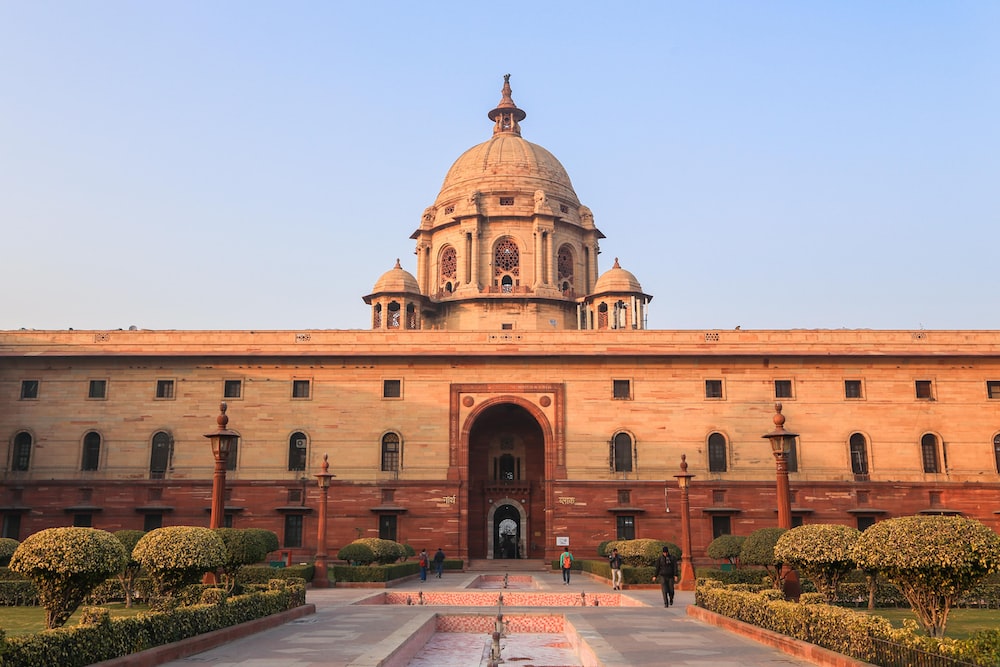Abhijay Raj Vaish, Pune
The Women’s Reservation Bill was passed by the Lok Sabha on September 20 with an almost unanimous majority tallying 454 to 2. The bill was introduced 27 years ago providing 33 percent reservation to women in Lok Sabha and state assemblies.
The Nari Shakti Vandan Adhiniyam Bill was passed in the New Parliament building during the special monsoon session of the Parliament. The bill will now go in front of the Rajya Sabha to be taken up as the 128th Amendment of the Constitution Bill 2023. It took two hours for the voting process of the Bill to be completed manually through paper slips. The bill is set to be in operation for 15 years from the date of its implementation with a provision to extend the duration, if required.
The passage of the bill witnessed an eight-hour long debate where the Congress argued as to who deserves the credit for the bill while also questioning the availability of a separate quota for women belonging to the other backwards classes (OBC). However, the bill was passed with a thumping majority only being voted against by All India Majlis-E-Ittehadul Muslimeen’s Asaduddin Owaisi and Syed Imtiyaz Jaleel.
Home Minister Amit Shah strongly condemned the demand of prescribing a quota within a quota citing the BJP’s arsenal of having the highest amount of OBC lawmakers in the nation. The bill also drew criticism from the opposition for not being able to be implemented immediately due to a delimitation exercise in play till 2026.
Union Home Minister Amit Shah stated, “Let us rise above partisan politics to give women the respect they deserve. Earlier they have been left disappointed four times by Parliament. Let this bill be passed unanimously.”
The bill which had been refuted five times throughout its history has been proposed to be implemented by 2029.
Prime Minister Narendra Modi thanked all the MPs for such rousing support for the bill across party lines deeming it to be a historic legislation to boost women empowerment.
